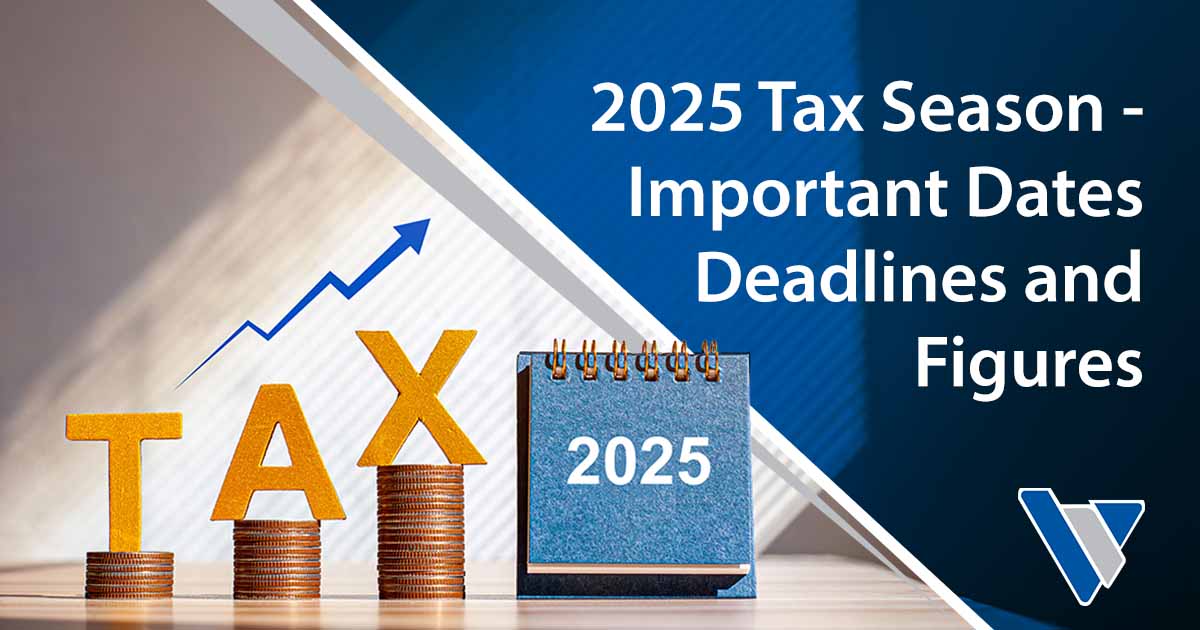It’s hard to believe that tax season is here already. In an effort to help our clients be...


The first time I heard the term “estate plan”, I was married with a baby and living in a rental house. The agent said we will need to talk about an estate plan. Really? I don’t have an estate.
You may not be as naive as I was, thinking that an estate meant acreage, a large house, and significant assets. It certainly does mean that, but it encompasses many items one may not consider and hence may choose to ignore the term.
Estate planning is one of the best things you can do for peace of mind when it comes to your affairs. Not only does having a solid estate plan make sure your wishes are carried out, but it also makes things much easier on your family members. The last thing anyone wants to do is to put their loved ones through additional trials as they are morning the death of their family member. Even if you don’t have a sizable estate, taking the time to speak with a wealth management professional about the future is always a good idea.
There are a number of things you should consider when setting up your estate plan.
The birth of a child changes our lives in just about every way possible. It’s important to think about how the child will be provided for if either parent (or both) were to pass away. Parents can name a guardian to care for the child, but that’s just one step. In addition to designating a guardian to assume custody and the responsibility of caring for the child, you may consider naming a conservator to manage any assets that the child may inherit.
You should always make sure you name both primary and contingent insurance beneficiaries. It is equally vital to make sure you keep your beneficiaries up to date. Be sure you haven’t named minors as a beneficiary. If you have grandchildren, consider per stirpes rather than in equal shares. It’s also important to think ask yourself if you’ve picked a settlement option appropriate for your circumstances.
As with insurance beneficiaries, you want to name both primary and contingent beneficiaries for your retirement assets. Keeping this updated will prevent problems at the time of your passing.
Failing to have the correct title of assets is a common mistake and one that can cause havoc with your estate planning. Community property, separate property, joint tenants with right of survivorship, tenants in common, transfer on death?
Do you have one? Durable Power of Attorney gives authority to a third party to do things on behalf of yourself when you can’t do it for yourself. They are able to act in situations of medical emergencies or a decline in mental functioning to ensure your finances are properly taken care of. These types of documents help eliminate potential uncertainty when family members may be faced with tough medical decisions in regard to your health.
A general durable power of attorney authorizes the selected person to act in a wide range of both legal and business matters, even if you are incapacitated. The specific document name is durable power of attorney for finances. This can either take effect immediately or only if you’re incapacitated depending on your preferences. This person then becomes known as your attorney-in-fact or agent; however, they do not need to be a lawyer. They would then have the authority to handle transactions such as:
A durable healthcare power of attorney can be very useful if you are unconscious or unable to make decisions about your care due to a medical emergency. This person has authority to communicate with doctors and make medical decisions for you on your behalf. This differs from a living will which details your end-of-life care when you’re unable to communicate. Your health care power of attorney can make decisions for you even if you’re expected to make a full recovery.
As you can see most all of these are issues, even if one does not have any significant assets. Once the assets come on the scene then the distribution discussions come into play.